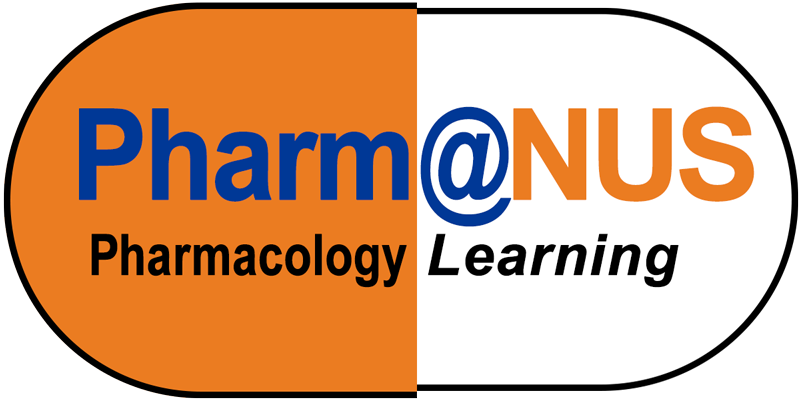I have completed my pre-clinical pharmacology studies. The lecturers helped me to build a framework of understanding of the pharmacological mechanisms of the major drug classes. This has given me a solid foundation of understanding of the pharmacology of the various drug classes on which I can continue to build as I learn more. But now going into my clinical years I feel lost about how to apply this knowledge in practice for clinical pharmacology. Where can I find a clear and practical guide on how to go about good prescribing in clinical practice?
The WHO has an excellent Guide to Good Prescribing – A Practical Manual.
You are likely not alone in feeling a little lost as you progress from pre-clinical theoretical understanding of pharmacology to practical application of clinical pharmacology. As the WHO Guide to Good Prescribing describes in its introduction on “Why you need this book”: “At the start of clinical training most medical students find that they don’t have a very clear idea of how to prescribe a drug for their patients or what information they need to provide. This is usually because their earlier pharmacology training has concentrated more on theory than on practice. The material was probably ‘drug-centred’, and focused on indications and side effects of different drugs. But in clinical practice the reverse approach has to be taken, from the diagnosis to the drug.”
This does not mean that your pre-clinical pharmacology training was wrong. It is just that finishing your pre-clinical years does not mean that you have finished learning pharmacology. Now in your clinical years, you need to learn clinical pharmacological applications and good prescribing. Your pharmacological learning should never end. Throughout the rest of your career, you will have to continue to update your pharmacological knowledge as new drugs are approved or evidence-based best medical practice changes with new information. That is why your pre-clinical pharmacological training focused on helping you to build a solid foundation of a knowledge framework into which you can continue to integrate new pharmacological understanding as you come across new drugs in clinical practice.
